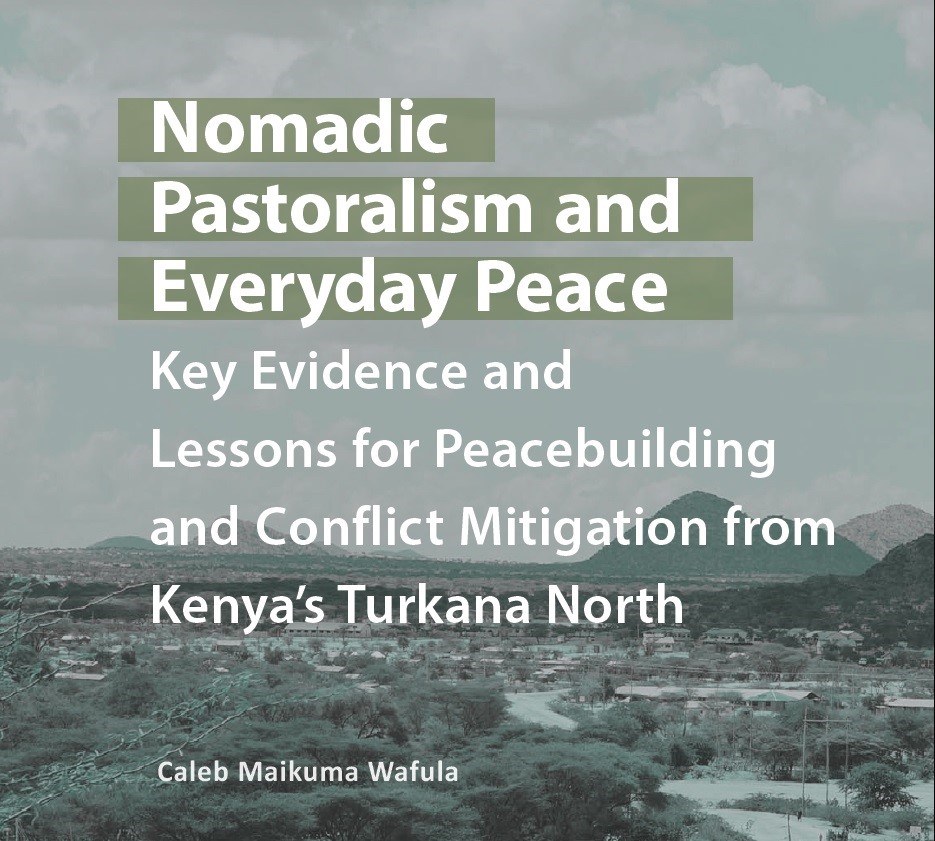Nomadic Pastoralism and Everyday Peace: Key Evidence and Lessons for Peacebuilding and Conflict Mitigation from Kenya’s Turkana North

Abstract
This research report is a case study on local peace practices within pastoralist communities in Kenya’s Turkana North (a subcounty of Kenya’s Turkana County). While significant existing research and analysis has focused on the concern that pastoralist communities across the African continent may contribute to growing violent conflict—and in particular to violent extremism—this report instead situates these communities within the theoretical framework of “everyday peace.” This framework centers on understanding the myriad ways in which ordinary people in conflict-affected contexts engage in small acts of peace and forge pro-social relationships that contribute to peace and stability within their communities. This report explores these everyday practices of peace within pastoralist communities in Kenya’s Turkana County, and Turkana North subcounty, a borderland territory that connects Ethiopia, South Sudan, and Uganda with a long history of conflict around inter-clan livestock raiding and cross-border movement/land access.
Informed by a multi-method research methodology that included semi-structured interviews, focus groups, historical profiling, transect walks, and non-participant observational data collected in August 2022, the findings from this study highlight both the existing local systems and resources for peacebuilding and conflict mitigation in pastoralist communities in Turkana, as well as the stressors and challenges that affect them. Lessons from this research contribute to our broader understanding of how policymakers and practitioners can work to better assess and coordinate violence prevention and reduction efforts in light of specific pastoralist needs and everyday practices of peace, particularly in areas impacted by violent conflict and/or violent extremism where pastoralist communities exist.
Suggested citation: Wafula, Caleb Maikuma. Nomadic Pastoralism and Everyday Peace: Key Evidence and Lessons for Peacebuilding and Conflict Mitigation from Kenya’s Turkana North. Washington, DC: RESOLVE Network, 2024. https://doi.org/10.37805/lpbi2024.2.
This publication and research were produced with funding from the U.S. Agency for International Development (USAID)’s Africa Bureau. RESOLVE would like to thank USAID’s Africa Bureau for its generous support for this report and RESOLVE’s Learning from Local Peacebuilding Approaches Research Initiative.
The views expressed in this publication are those of the authors. They do not necessarily reflect the views of the RESOLVE Network, acknowledged partners contributing to the production of this publication,
the U.S. Institute of Peace, or any entity of the U.S. government.